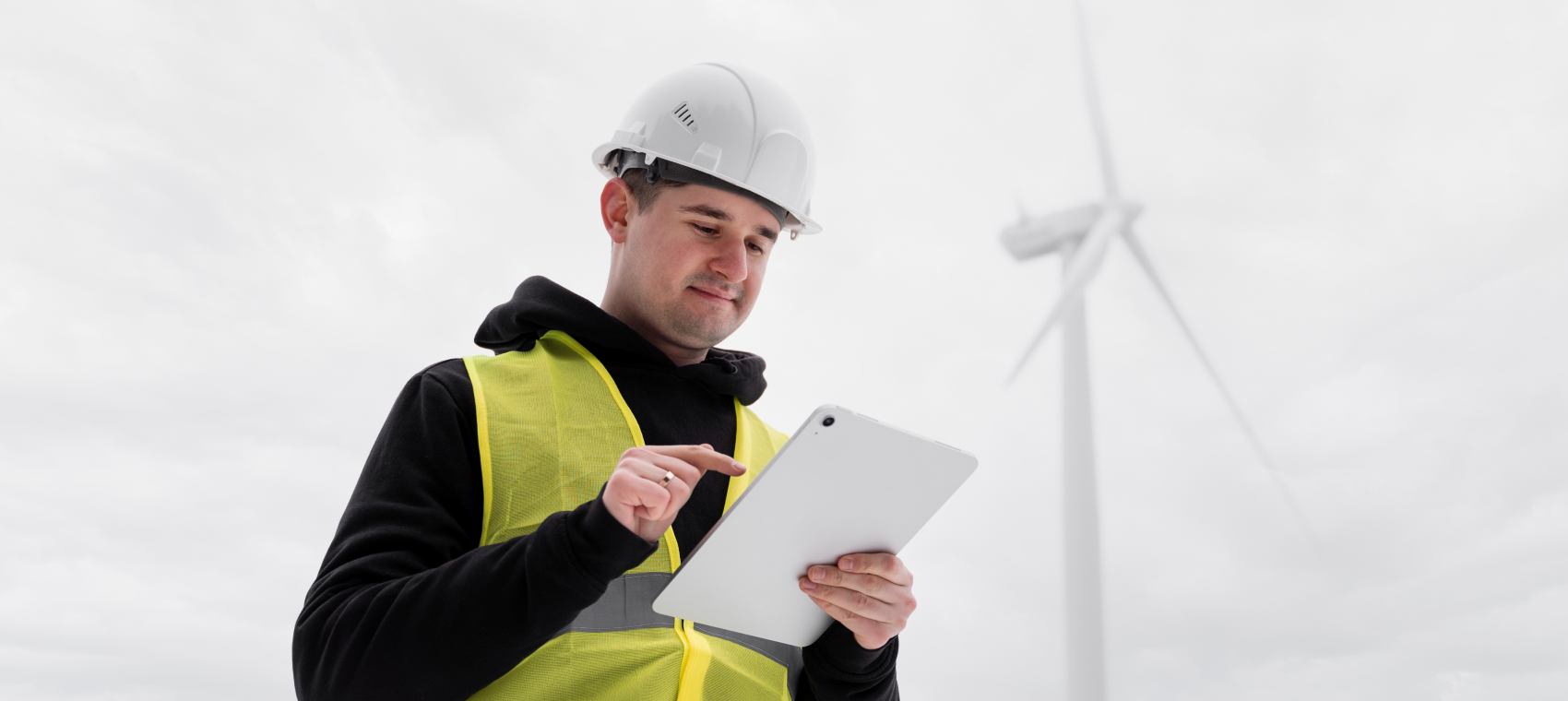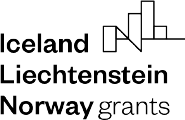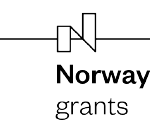Aquaculture
CAREERS

Mechanical Engineer in wind industry
Mechanical engineering is one of the broadest engineering disciplines. There are various applications of a mechanical engineer’s skills in the wind industry, but they generally research, design, develop, and test tools, machines, and mechanical devices. Mechanical engineers work on wind turbine siting, components, and systems, contributing to performance optimization and cost reductions for project developers, manufacturing, and operation companies.
Average yearly salary
- 60,000 – 150,000 Euro
Work Schedule
- Full time
- Project based
- Require travelling and relocate as needed
- You could work e.g., evenings / weekends / bank holidays on shifts
What you’ll do
- Analyze problems to see how a mechanical device or process might help solve the problem
- Design or redesign mechanical devices, creating blueprints so the device can be built
- Develop prototypes of devices and test the prototypes
- Analyze the test results and change the design as needed
- Oversee the manufacturing processes and other staff for quality control
- Coordinate, or monitor all aspects of production, including selection of manufacturing methods, fabrication, or operation of product designs, ensuring optimal manufacturability of wind turbine components
- Perform wind resource assessments during the siting process
Education, training, and qualification
- Bachelor's Degree in Higher education in Mechanical Engineering,
- Master's degree in Mechanical Engineering would be advantageous, although not essential
- On track to become chartered with the IMechE
- A good understanding of CAD and BIM
- Some experience with coding languages would be an advantage
- Possess a strong working knowledge of Office
- Able to learn new software within a working environment that increasingly utilizes 3D design and digital automation
Experience
Experience in working in a mechanical engineering design capacity in the utility sector with a client organization, consultant, or contractor. Personal Qualities and Skills
- Able to identify issues, analyze data and other relevant information, and developing solutions to problems, reducing the impact to project budgets, timelines, production, or operational capabilities.
- Able to work across departments within their organization as well as establish and maintain relationships with customers and suppliers.
- Communication skills: able to communicate issues concerning wind turbine production and operations to management, clarify field issues with operations personnel as well as write reports and procedure manuals.
- Presentation skills: able to effectively present information and respond to questions.
Career path and progression
There are several jobs associated with wind energy. Candidates having relevant skills and specialty can opt for various jobs such as wind energy mechanical engineer, electrical engineer, project manager, field engineer and several other roles. Where could you work
These engineers work in offshore or wind farms, or industrial plants. Mechanical engineers who deal with manufacturing may spend much of their time in factories. Some split their time between a home office and installation sites. Frequent travel is common. This may include international travel since many major turbine manufacturers are located in other countries. 

